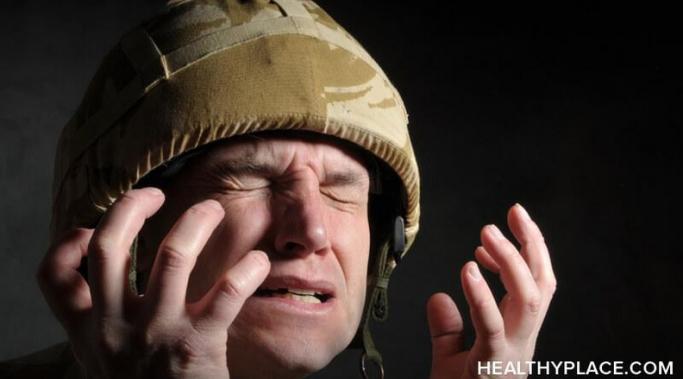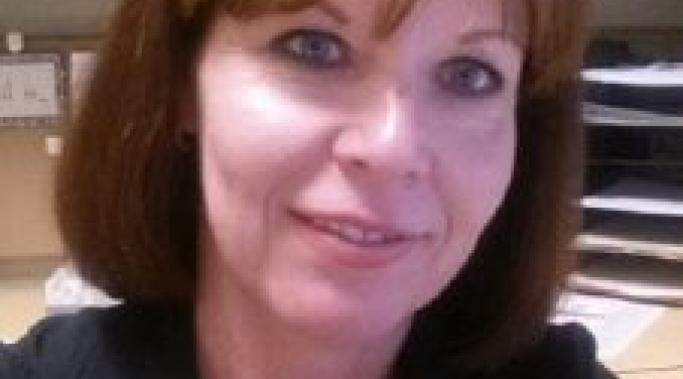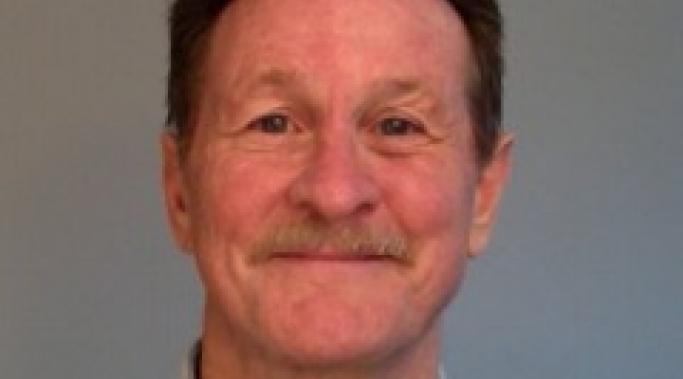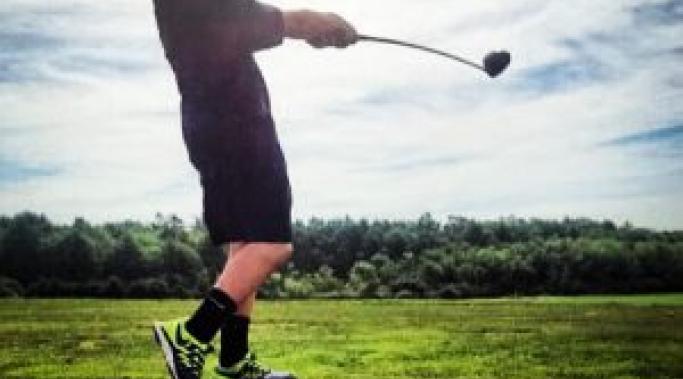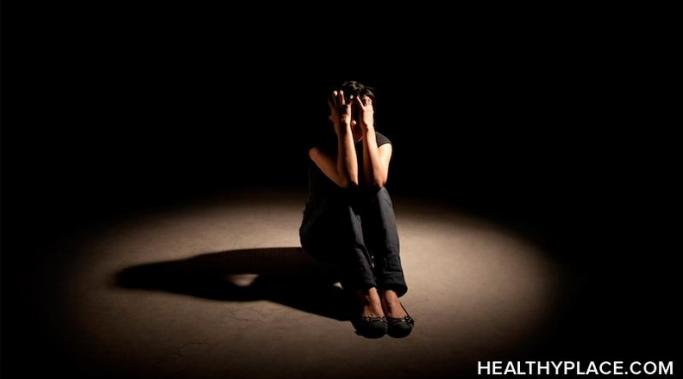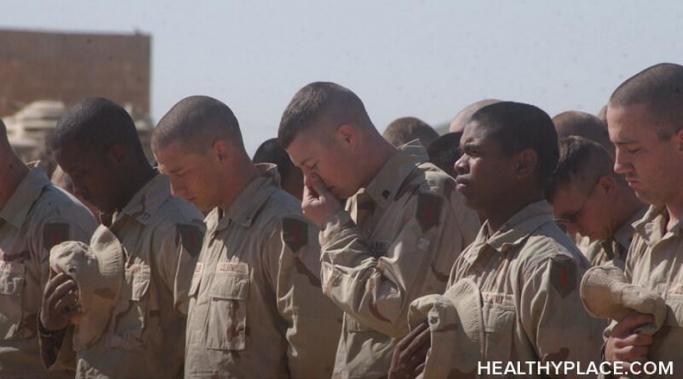I have had enormous success by allowing my body to shake to help relieve my symptoms of posttraumatic stress disorder (PTSD). The process sounds a little strange when you first hear about it, but can be an enormously powerful tool in the PTSD healing process. You can allow the body to shake to relieve the symptoms of PTSD.
Trauma! A PTSD Blog
Hi, my name is Jami DeLoe and I am thrilled to be joining the HealthyPlace.com blogging community as a writer for Trauma! A PTSD Blog. I was diagnosed with posttraumatic stress disorder (PTSD) about four years ago, after suffering with it for well over 20 years. Read on to learn more about my journey with PTSD.
When I deal with posttraumatic stress disorder, I understand the importance of rest. When I was running long distance and training to run marathons, I never ran every day. My typical training week was four days of running, and three days of rest spaced through the week. I have discovered that the same logic serves me well when it comes to dealing with the symptoms of posttraumatic stress disorder (PTSD) and needing rest.
Three years ago this month I joined the HealthyPlace blogging team by creating this blog. I did so because I wanted to write about symptoms of posttraumatic stress disorder (PTSD) and what it takes to heal. This was a personal mission: I am a PTSD survivor who struggled for almost 30 years before launching a healing rampage that led me to freedom. And now, while I'm sad to do it, I must say goodbye to Trauma! A PTSD Blog.
Hi, I’m Dan Hays, and I’m honored to be joining the HealthyPlace team as a writer for Trauma! A PTSD Blog. I'm a posttraumatic stress disorder (PTSD) survivor and author.
Follow-through and healing after posttraumatic stress disorder (PTSD) symptoms arrive is tough as illustrated by a client who recently told me about his plans to begin learning transcendental meditation to reduce his anxiety and he blurted in exasperation, "I know what I have to do to heal! The problem is that even though I know what to do I can't seem to get myself to do it."
This is a common refrain in recovery (and one I often said myself). Knowing what to do but not following through on doing it is one of the biggest problems in how to heal after PTSD symptoms settle in.
Being a self-empowered survivor means taking responsibility for your posttraumatic stress disorder (PTSD) recovery plan. Healing will not progress simply because you think it should. It will not move forward just because you want to reach the end (don't we all wish that it would?!). It will not occur just because you present yourself in a professional’s office. Unfortunately, posttraumatic stress disorder recovery only happens when you actually engage in a PTSD recovery program.
We all want to know how long it takes to heal posttraumatic stress disorder (PTSD). I know you want to heal yesterday, but the truth about PTSD, according to its diagnostic criteria, is that it doesn’t clear up overnight like a bad rash. Instead, we each have our own healing journey that has its own timeline. Settle in now for the long haul. Be realistic about what you are attempting to do. Give yourself permission to take the time you need. Decide you will be patient. And remember, how long it takes to heal posttraumatic stress disorder varies.
How to talk about your posttraumatic stress disorder (PTSD) is tricky, isn't it? I know during my recovery I found it very difficult to talk about my trauma and/or PTSD experience. I was uncomfortable dredging up the trauma memories, sharing my fears, and even admitting my shame, embarrassment, and other issues. But PTSD thrives and grows in the silence the way mold grows in dark and moist places. Healing means letting in the sun and it starts with learning how to talk about your PTSD.
Posttraumatic stress disorder (PTSD) support can be hard to come by. Many people -- especially those who haven't experienced trauma -- find it hard to relate to survivors and even harder to be supportive. While PTSD symptoms can make you feel like a freak (and look like one to those unwilling to learn how trauma changes your brain and creates PTSD symptoms) the truth is, there absolutely are people who understand and are even willing to support your PTSD coping and healing strategies.
